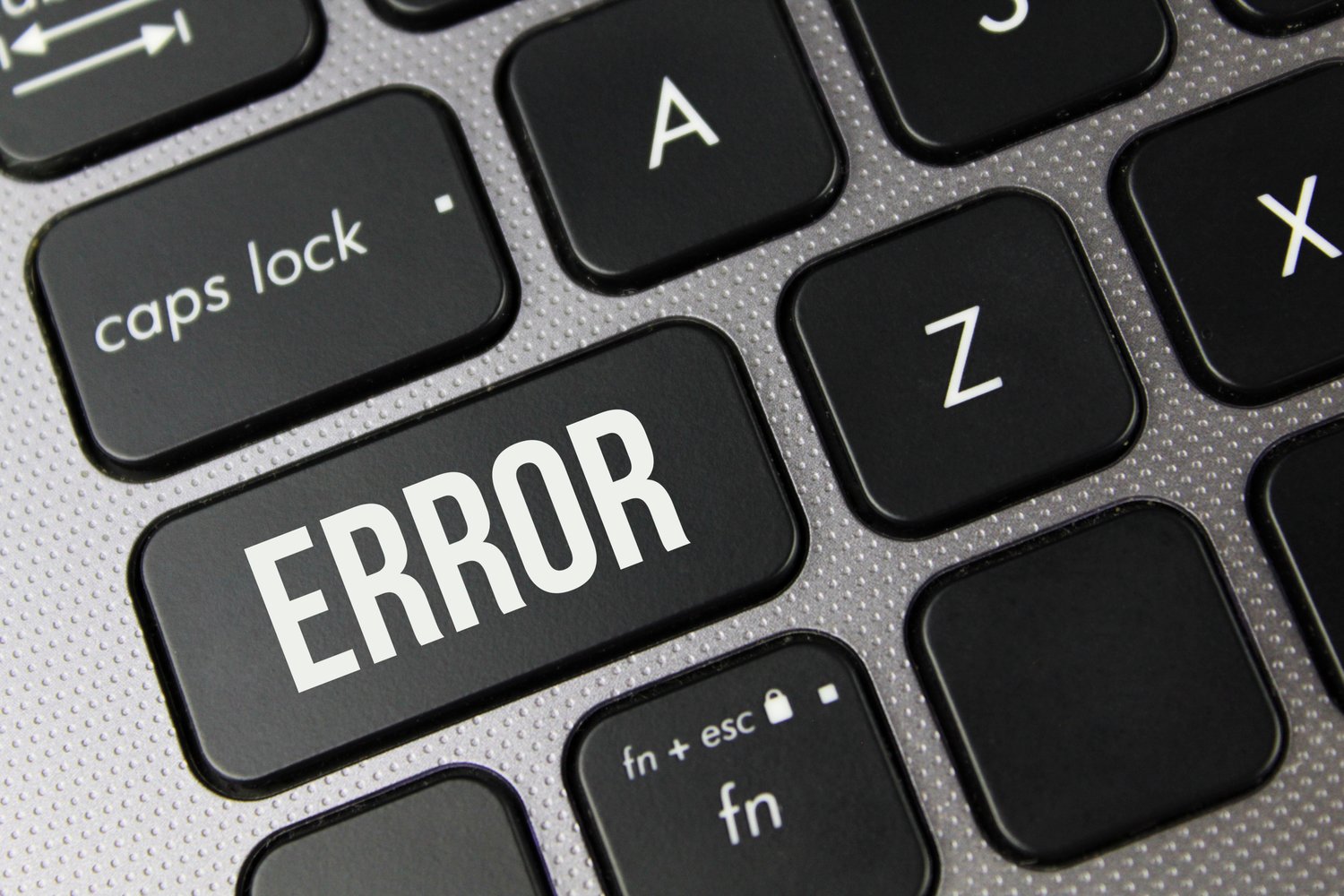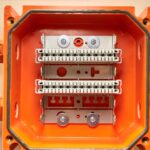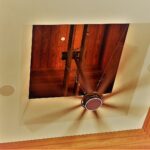Imagine enjoying a warm shower on a cold morning, only to be interrupted by a sudden loss of hot water because of an unknown issue with your tankless water heater. Understanding error codes on these systems could be your lifeline to a swift solution. In this article, we delve into the importance of deciphering tankless water heater error codes to minimize downtime and maintain a seamless home experience.
- Experience fewer disruptions by learning how to quickly identify and resolve common error codes like 11 or 12.
- Enhance the performance and longevity of your tankless water heater through preventive measures and routine maintenance.
- Gain confidence in handling persistent issues with advanced troubleshooting techniques and know when it’s best to consult a professional.
By mastering the art of reading tankless water heater error codes, you’ll be equipped to maintain your system’s efficiency and reliability, keeping those soothing hot showers uninterrupted and your appliance running smoothly.
Understanding Tankless Water Heater Error Codes
Tankless water heater error codes serve as critical indicators of potential issues within your system. These codes are designed to alert you promptly, enabling quick diagnosis and allowing for timely corrective actions. Understanding these error codes is crucial not only for resolving current problems but also for maintaining the long-term longevity and efficiency of your unit.
By familiarizing yourself with the meaning of these codes, you can effectively prevent more complex failures, reducing downtime and repair costs. Knowing how to interpret these codes empowers you to handle minor issues independently, ensuring your tankless water heater operates smoothly and efficiently. This knowledge minimizes the risk of sudden disruptions to your hot water supply, enhancing your home’s comfort and convenience.
Common Error Codes and What They Mean
Among the array of tankless water heater error codes, several are frequently encountered by users. Understanding what these codes signify is essential for diagnosing common malfunctions or routine maintenance needs.
For instance, error code 11 typically indicates an ignition failure. This could result from issues such as insufficient gas supply or an obstruction in the ventilation system.
Meanwhile, error code 12 often points to problems with the flame sensing device. It might suggest a need for cleaning or possible component replacement to ensure safe and efficient operation.
Recognizing these codes and their meanings allows you to identify specific issues and address them effectively. By doing so, you can maintain optimal performance and extend the lifespan of your tankless water heater.
Steps to Resolve Tankless Water Heater Error Codes
When faced with error codes from a tankless water heater, knowing the right steps to resolve them can make a significant difference. These appliances, known for their efficiency and energy-saving benefits, occasionally present with issues that users can address at home.
Start by referring to your unit’s manual, which typically offers specific guidance for each error code. This is your first line of troubleshooting. For instance, if you encounter error code 11, it often indicates ignition failure. Check whether the gas supply is on and ensure there are no blockages.
Next, ensure that your appliance’s venting system is clean and free of obstructions. A clogged vent can trigger various error codes, compromising the heater’s performance and safety. Regular cleaning and inspection can prevent such issues.
Inspect the water inlet and outlet filters, making sure they’re free of debris. Sediment buildup in these areas is a common cause of poor performance and error codes, such as error code 12. Cleaning or replacing these filters can restore normal operation.
Lastly, reset your system by turning it off and on again, or by following the reset procedure detailed in your heater’s manual. This step can often clear minor errors, resetting the system to its proper working state.
Addressing these elements generally resolves many tankless water heater problems, ensuring a return to efficient, uninterrupted hot water delivery in your home.
Advanced Troubleshooting Techniques
Some tankless water heater problems may persist despite your efforts. In such cases, advanced troubleshooting techniques become necessary. Start by examining the system’s wiring and connections for any signs of damage or wear, a common cause of persistent error codes.
Use a multimeter to test the electrical components. This allows you to identify faulty parts that may require replacement. Pay special attention to the thermostats and heating elements, as faults here can often lead to recurring issues.
Should your system involve gas elements, ensure that the gas pressure and regulator settings are correct. Improper settings can trigger errors and compromise safety, requiring professional adjustment if you’re not equipped to manage gas appliances.
If these techniques do not resolve the problem, it may be time to consult a professional plumber or heater technician. Persistent error codes, especially those related to failures in ignition or heating elements, often demand specialized equipment and expertise to ensure safe and thorough repairs.
Engage with certified professionals who can assess the situation accurately. Their experience ensures that your tankless water heater is not only functioning correctly but also maintains safety standards, ultimately prolonging its lifespan and efficiency.
Preventive Measures for Avoiding Error Codes
Tankless water heaters are an excellent choice for energy efficiency and on-demand hot water. However, to ensure they perform optimally, understanding and implementing preventive measures is essential. Regular maintenance can significantly reduce the occurrence of error codes, protecting your investment and ensuring continuous hot water supply.
A key preventive practice is regular descaling. Hard water can lead to the buildup of minerals in your system, which impedes functionality. Descaling involves using a specific cleaning solution to remove these deposits, ensuring optimal water flow and preventing the notorious mineral-related error codes.
Another crucial step is to check filters and vents consistently. Clogged filters or blocked vents can cause various error codes to pop up, indicating air restriction or flow issues. Inspect and clean these components at least once every few months, or more frequently if your water quality is poor or if the unit is in high demand.
Additionally, maintaining adequate air circulation around your tankless water heater is vital. Obstructions near the vents can lead to overheating and malfunctioning, triggering error codes. Keep the area around the heater clear and ensure there’s enough ventilation.
Lastly, installing a water softener can be a game changer for those in hard water areas. This preventive measure not only helps in prolonging the life of your tankless water heater but also minimizes the formation of scale deposits that lead to error codes.
By integrating these preventive measures into your routine, you can noticeably reduce the frequency of tankless water heater error codes. This ensures efficient operation and prolongs the appliance’s lifespan, maximizing performance while minimizing potential disruptions.
Frequently Asked Questions about Tankless Water Heater Error Codes
What is an error code 11 on a tankless water heater?
Error code 11 indicates an ignition failure. Check the gas supply, ensure that there is no air in the gas line, and verify that the ignition components are functioning properly.
How do I reset a tankless water heater?
To reset, power off the unit, wait for a few seconds, and then turn it back on. Consult your manual for the specific reset procedure for your model.
What does error code 12 mean?
Error code 12 signifies a flame failure. Ensure the gas valve is open, inspect the flame sensor, and check for any blockages in the venting.
When should I call a professional for tankless water heater issues?
If basic troubleshooting does not resolve the problem or if you encounter frequent error codes, it’s best to consult a professional for a detailed inspection.
Can regular maintenance prevent error codes?
- Yes, conducting routine maintenance such as descaling, cleaning filters, and checking venting can help prevent many common error codes.





